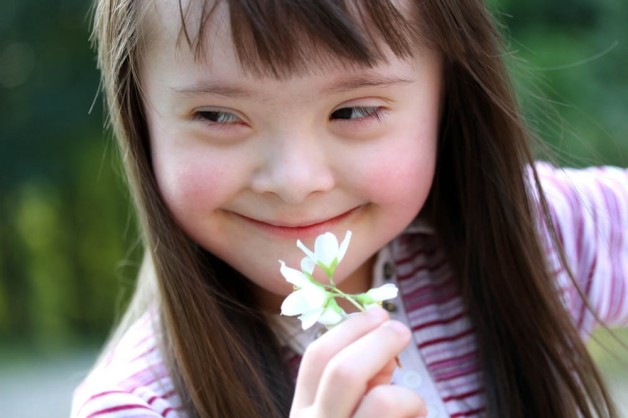In less than a week, a federal judge blocked Kentucky from enforcing two pro-life laws to protect unborn babies from abortion.
U.S. District Judge David J. Hale, an appointee of pro-abortion President Barack Obama, issued a temporary injunction Wednesday against a law that bans discriminatory abortions based on an unborn baby’s sex, race or a disability such as Down syndrome, the AP reports.
Gov. Matt Bevin signed the law Tuesday, but the American Civil Liberties Union and the abortion facility EMW Women’s Center sued to block the measure before it even became law.
“The notion that Roe v. Wade protects race-based, gender-based, and disability-based abortions is disturbing. This is but the opening salvo of this legal battle,” said Woody Maglinger, a spokesman for Bevin.
The law passed the state Senate earlier this month by an overwhelming majority; it passed the state House in February. It prohibits abortionists from aborting unborn babies if the sole reason is because of the unborn baby’s gender, race or disability. Abortionists who violate the measure could have their licenses revoked and face felony charges.
ACLU attorney Brigitte Amiri blasted Kentucky lawmakers for attempting to chip away at Roe v. Wade, UPI reports.
“Decisions about whether to end a pregnancy must be made by the woman and her family,” Amiri said. “But this law takes the decision away from them and hands it over to politicians. … We won’t stand for it.”
The ACLU also is suing to overturn the state heartbeat law, which prohibits abortions after an unborn baby’s heartbeat is detectable. Hale temporarily blocked that law Friday.
Bevin’s legal team has said the ACLU is arguing in favor of discrimination and eugenics.
“EMW and its abortionists have responded with a novel claim: Women have a constitutional right to undergo race-based abortions, gender-based abortions, and disability-based abortions,” they said. “In (the) plaintiffs’ view, somewhere in the Fourteenth Amendment’s penumbra lies a secret protection of eugenics.”
Click here to sign up for pro-life news alerts from LifeNews.com
Bevin also criticized the ACLU for its eagerness to defend abortion by filing a lawsuit before the anti-discrimination bill even became law. He encouraged the legal group to watch an old “Schoolhouse Rock” video that explains how bills become law.
“People that are supposedly defending the civic rights of people in this country nonetheless think it’s appropriate that you can kill a child based on its race or kill a child based on its gender,” Bevin wrote Friday on Twitter. “The people in Kentucky … fortunately don’t agree with that.”
Kentucky lawmakers have been working hard for years to protect unborn babies from abortion, but the abortion industry and activist judges repeatedly have thwarted their attempts. According to the AP, the ACLU has filed four lawsuits since 2017 to challenge pro-life laws in the state.
Right now, pro-lifers are watching the U.S. Supreme Court closely as it considers a similar Indiana law that bans discriminatory abortions based on an unborn baby’s race, sex or disability.
One of the groups supporting the Indiana law, the American Center for Law and Justice, urged the high court to hear the case on behalf of 44 families of children with disabilities.
“Indiana’s law protects children like theirs and recognizes that unborn children deserve protection from invidious discrimination,” the legal group wrote in its brief. “Though many of these families ultimately lost their children, these parents do not consider that to have diminished the importance of the children’s lives.”
Describing the law as a ban on eugenic abortions, ACLJ pointed out that many vulnerable parents are pressured into the “irreversible decision” to abort unborn babies with disabilities.
Unborn babies with Down syndrome and other disabilities are discriminated against at alarming rates. Parents frequently report feeling pressured to abort them by doctors and genetic counselors.
The rate of unborn babies who are aborted after a Down syndrome diagnosis is about 67 percent in the U.S., according to CBS News. Some put the rate as high as 90 percent, but it is difficult to determine the exact number because the government does not keep detailed statistics about abortion.
Indiana was the second state to establish a safeguard to protect unborn children with Down syndrome and other disabilities. Eight states also prohibit sex-selection abortions prior to viability.








